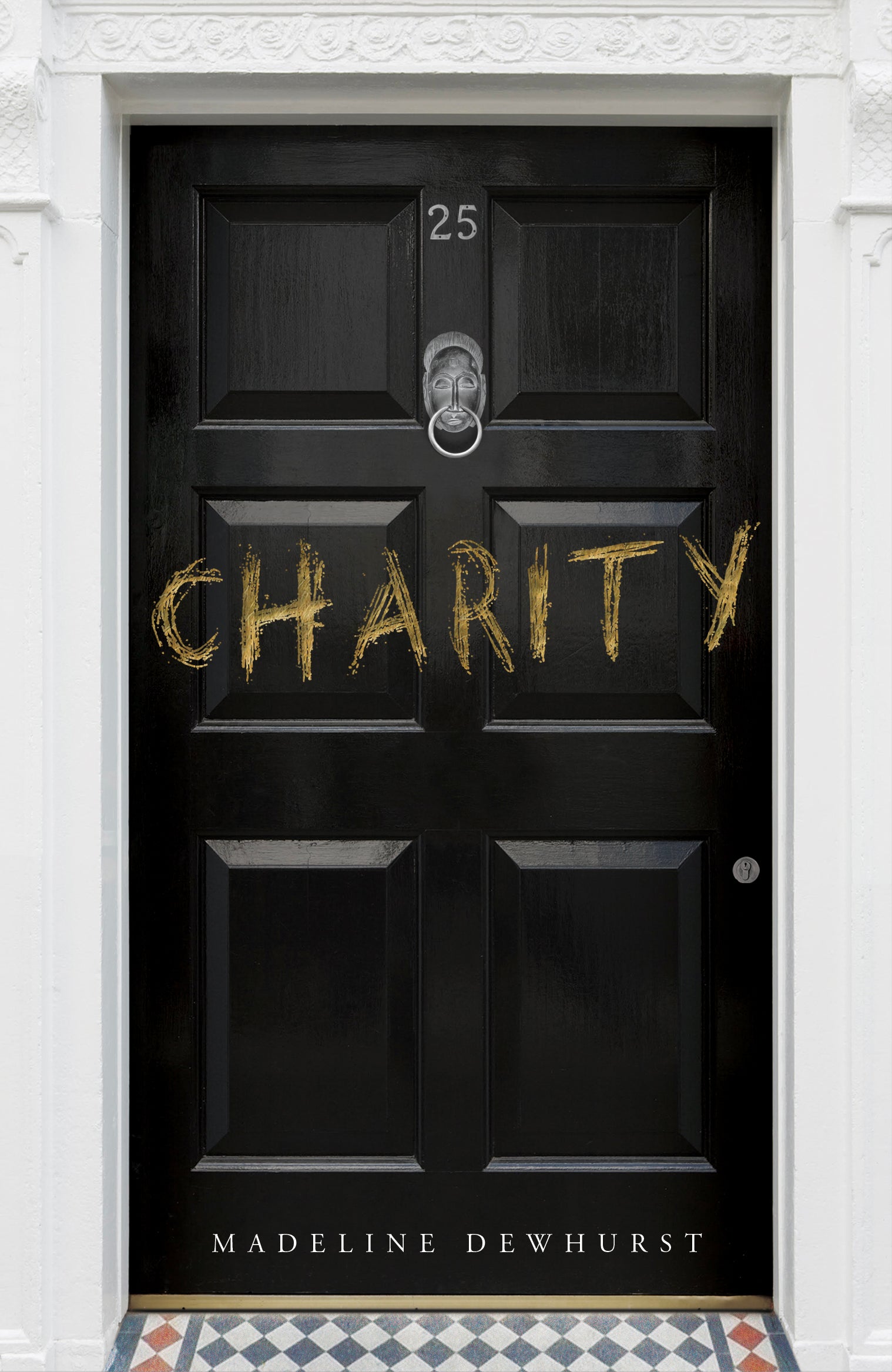Eye Books is a small, independent publisher championing extraordinary stories and overlooked voices since 1996. We publish bold fiction and non-fiction, work closely with our authors, and take pride in bringing unique books to adventurous readers.


‘Dazzling… keeps you guessing till the end’ Emily Bullock
LONGLISTED: Bath Novel Award
Edith, an elderly widow with a large house in an Islington garden square, needs a carer. Lauren, a nail technician born in the East End, needs somewhere to live. A rent-free room in lieu of pay seems the obvious solution, even though the pair have nothing in common.
Or do they? Why is Lauren so fascinated by Edith’s childhood in colonial Kenya? Is Paul, the handsome lodger in the basement, the honest broker he appears? And how does Charity, a Kenyan girl brutally tortured during the Mau Mau rebellion, fit into the equation?
Capturing the spirited interplay between two women divided by class, generation and a deeper gulf from the past, and offering vivid flashbacks to 1950s East Africa, Madeline Dewhurst’s captivating debut spins a web of secrets and deceit – where it’s not always obvious who is the spider and who is the fly.
‘Satisfyingly suspenseful. It may tackle a tough page of history but this story is told with a lightness and humour that make it a page-turning pleasure to read’ Monocle
‘The past and the present are weaved delicately together in this exceptionally accomplished debut novel, an impactful, life-affirming tale that delves into the depths of humanity both good and bad’ Buzz Magazine
A taut, fraught, stylish and important novel about notions of the culpable and the complicit, drawing upon the facts and fictions of an oft-neglected moment in history’ Eley Williams
‘By turns humorous and heart-wrenching, impeccably researched and beautifully written throughout, this is a haunting and original debut that demands to be read’ Lianne Dillsworth
‘What a debut novel! Charity is about guilt, justice and revenge, deceit and dark secrets, family and betrayal. Very successful and highly readable’ Yorkshire Times
‘I love historical fiction which explores how an event from the past ripples through time and continues to impact present. A brilliant debut’ Molly Gartland
UK postage is free if you spend £20 or more
